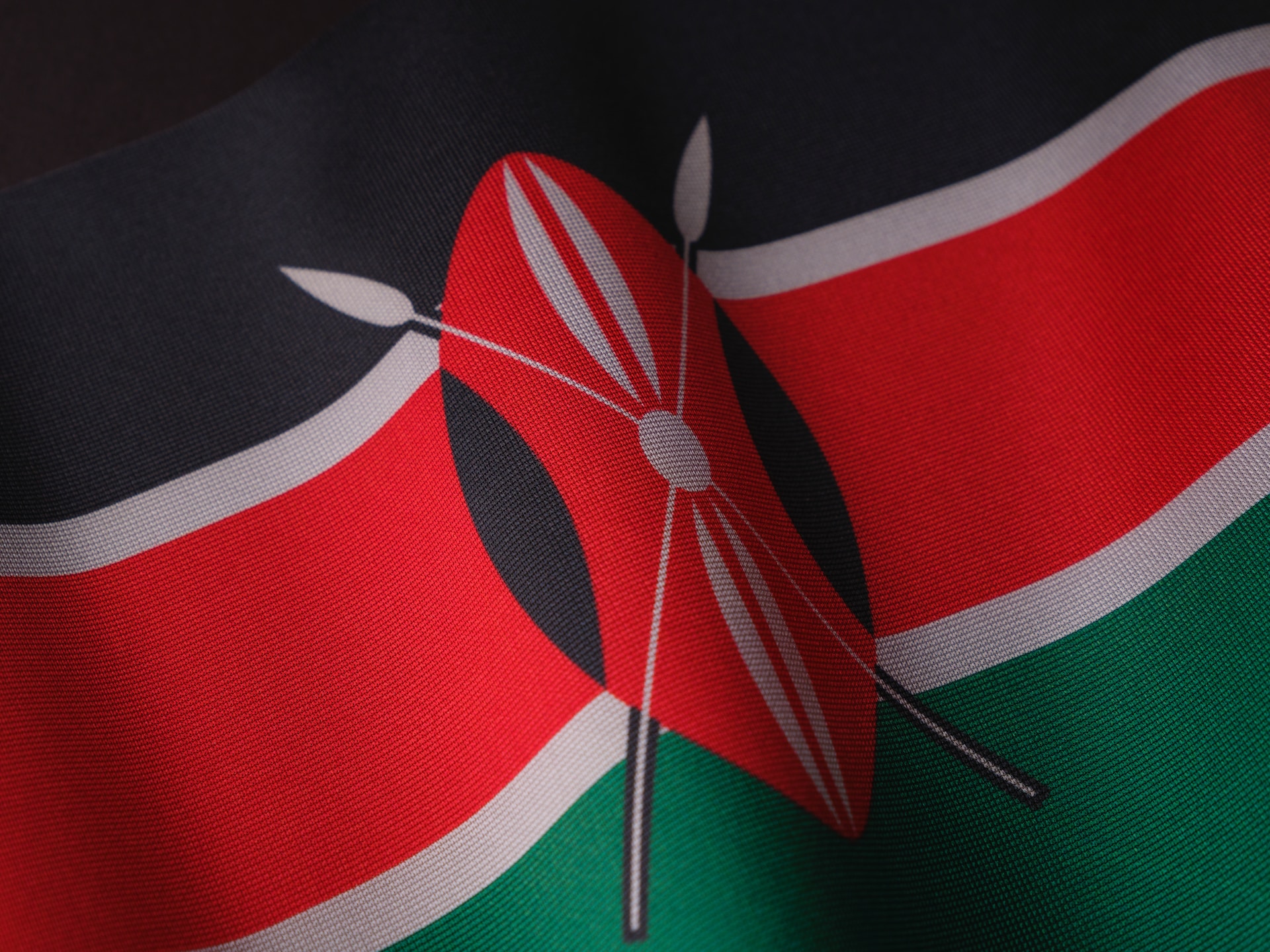Ghana's economy has been significantly impacted by the Covid-19 pandemic, which has impacted industries like tourism, agriculture, and manufacturing. The crisis has, however, also created chances for development, creativity, and independence. Focusing on domestic industries, digital transformation, and healthcare advancements as Ghana navigates its recovery has the potential to help the nation create a more resilient and sustainable economy in the future.
Tourism Industry Decline
Ghana's tourism sector has been among the most severely impacted. The epidemic caused travel restrictions and lockdown measures, which drastically reduced the number of tourists visiting the nation. The cancellation of important events like the "Year of Return" plan in 2019 that had increased tourism cost the hospitality and tourism industry significantly more money. For instance, the Ghana Tourism Authority reported that international arrivals decreased by 65% in 2020 compared to 2019.
Agricultural Sector Challenges
Due to the pandemic, Ghana's agriculture industry, which makes up a sizeable percentage of the country's economy, has encountered several difficulties. Both smallholder farmers and larger agricultural firms have been hit by supply chain disruptions, labor shortages, and decreased demand. For instance, the restriction of global markets has had a severe impact on the export of important goods like cocoa, Ghana's main agricultural export and a significant source of foreign currency.
Manufacturing and Trade Disruptions
Global trade has been hampered by the epidemic, which has had an impact on Ghana's manufacturing sector and its capacity to import and sell commodities. Raw material and necessary good shortages have been caused by supply chain problems, and the reduction in global demand has had an influence on the export of manufactured goods. For instance, the downturn in foreign trade and decreased consumer expenditure have significantly lowered demand for textiles in Ghana.
Opportunities for Growth and Innovation
Despite the difficulties Ghana encountered throughout the epidemic, there have been chances for development and creativity. The crisis has made it clear that more domestic manufacturing and self-reliance are required, which has refocused attention on homegrown sectors. For instance, the government's "Ghana Beyond Aid" effort seeks to encourage domestic production and lessen the nation's reliance on imports.
Digital Transformation
The spread of the epidemic has sped up Ghana's embrace of digital technologies. Businesses and consumers started using e-commerce and digital services for daily necessities as physical distance-reducing measures were put in place. Digital platforms like Jumia have expanded as a result, and there are now more options for online shopping and meal delivery. Additionally, as customers and companies look for contactless payment solutions, mobile money services have grown in popularity.
Healthcare Sector Improvements
The pandemic has highlighted the need for a strong healthcare system, leading the Ghanaian government to invest in related services and infrastructure. The government has built additional hospitals and isolation facilities in response to the problem, as well as boosted domestic manufacture of personal protective equipment (PPE). The nation's healthcare system is anticipated to gain from these advancements in the long run.
Related Information
















































